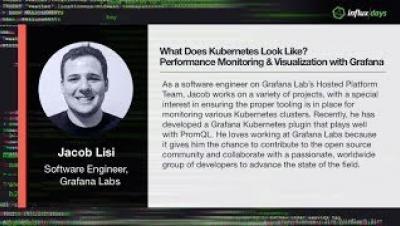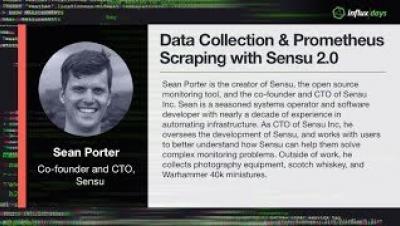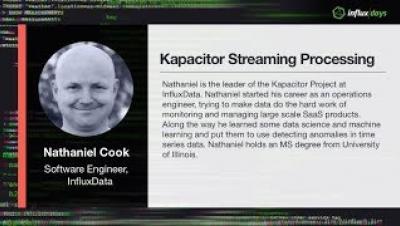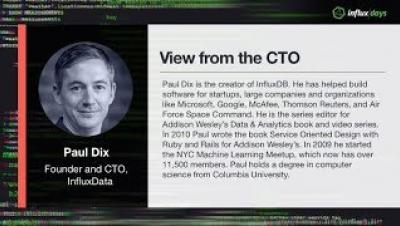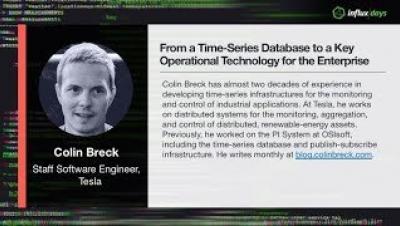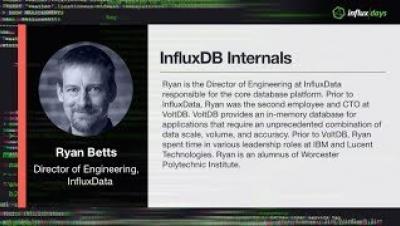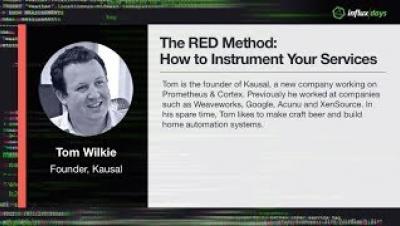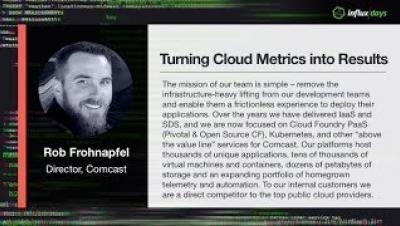Jacob Lisi | WHAT DOES KUBERNETES LOOK LIKE?: PERFORMANCE MONITORING & VISUALIZATION WITH GRAFANA
Monitoring Kubernetes is vital to understanding the health and performance of a cluster, but which metrics are most important to add to your dashboards and alert on? Jacob will discuss how to most effectively monitor and visualize your Kubernetes cluster using the Grafana Kubernetes plugin and PromQL.


